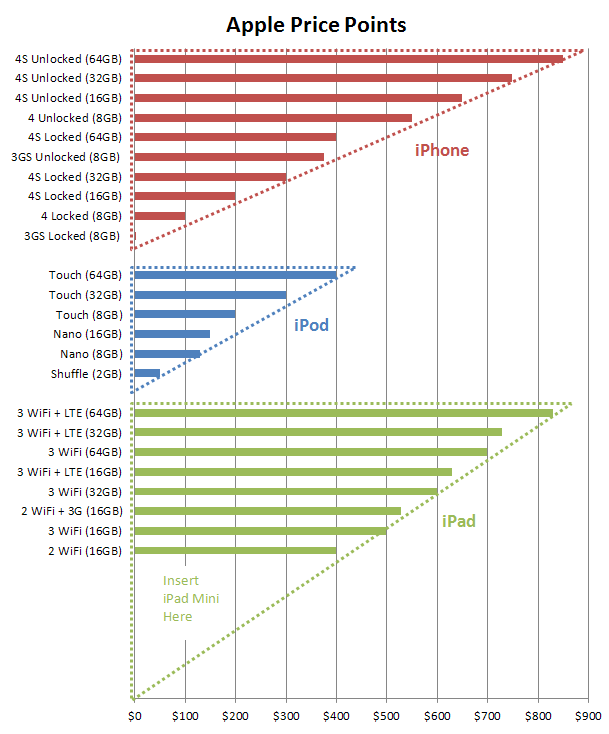Customized Disney princess statues with your child’s face on them? Great idea, creepy as heck in reality.
The experience takes around 10-minute while several cameras instantly capture multiple angles of a guest’s face which are then reconstructed and used to make the final figure. The “princess in waiting” can choose one of seven different Disney Princesses including Ariel, Aurora, Belle, Cinderella, Rapunzel, Snow White and Tiana. Hair, skin and eye color of the figurine are customized to match the guest. The guest of honor will also receive a Princess silver link necklace with choice of colored gem charm. The process of finishing the figure takes about five to six weeks at which time the completed figurine is then shipped directly to the guest’s home.
via D-Tech Me Technology Returns to Disney World For Princesses | The Disney Blog.
